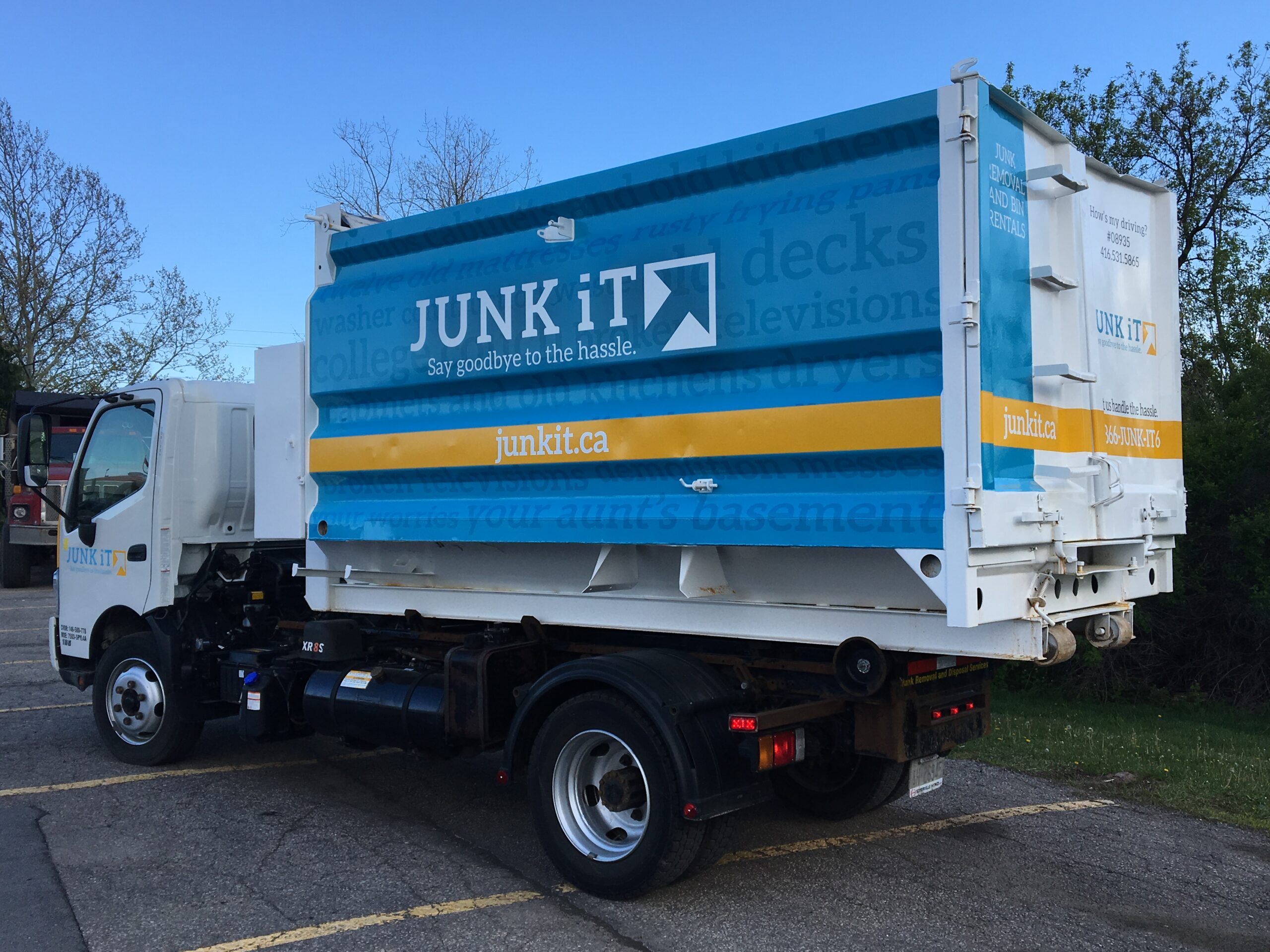Waste management and disposal are serious environmental concerns in Canada. As such, provincial and federal laws penalize illegal dumping. However, their regulations for littering can be confusing. The definitions of these two waste disposal activities vary depending on where you live.
What’s the real difference between littering and illegal dumping?
What’s considered littering and illegal dumping are determined by provincial laws. Local governments look at either the type or volume of waste disposed to judge whether the act is considered littering or illegal dumping.
Here’s how towns and cities in Canada define littering and illegal dumping:
- In most towns and counties in Canada, the only difference between littering and dumping is waste volume. Generally, littering involves discarding waste that can be picked up easily by government or private employees. If there’s so much waste that employees have a hard time moving it, it can be considered illegal dumping.
- In most major cities in Canada, the main difference is the type of waste. Leaving clean household items, wrappers, bottles and food around counts as littering. Improperly disposing of hazardous waste, yard waste, rotting organics and unsorted garbage counts as dumping.
Is littering illegal in Canada?
The answer is yes. Although it’s a relatively lighter offence than illegal dumping, many provinces and cities still enforce strict laws to prohibit the act. Littering laws in Canada fall on the municipal level, not federal. It means that the penalty for littering varies depending on where you did the crime.
The littering fine in Ontario, for instance, is at least $5,000, whereas illegal dumping can be fined up to $50,000.
Note that dumping hazardous waste may lead to additional charges, especially if you don’t report it right away. If you dispose of anything that will affect waterways or federal lands, you can be charged through the land protection acts and fisheries and waterways law, doubling your fines.
Sample Laws – Local
In Toronto, dumping laws are strict. Littering is punishable by a fine of no more than $5000, and dumping by a fine of no more than $50,000. What’s the difference? Well, there isn’t much of one.
Dropping any amount of “refuse”, defined as “debris, junk, or effluent associated with a home or trade” on any land or waterway within the city is considered littering, while dropping any amount of “waste” , defined as “garbage, special collection materials, organic waste, and yard waste” is considered dumping.
Does that distinction sound fuzzy? It is. In fact, for almost any collection of waste, the City has the leeway to charge you with either littering, dumping, or both, at their discretion. It’s a good bet just to not leave any garbage around.
Sample Laws – Provincial/Federal
Provinces and the federal government also have laws prohibiting dumping on lands they control. Provincial lands are protected by the Ontario Environmental Protection Act, which, like Toronto, prohibits any unauthorized waste dumping in any amount and can enforce a whole bunch of fines.
Federal lands, like First Nations reserves and army bases, also are protected against dumping by law. Both normal garbage and hazardous goods are prohibited. If you dump anything that can impact waterways, like gasoline, creosote, paint, batteries, and appliances, you could get charged both through the land protection acts and through our fisheries and waterways law, paying double the fines.
How do you avoid littering and illegal dumping fines?
The answer is simple: dispose of your waste properly. Find out how and where to discard different types of garbage to avoid illegal dumping charges. You may also hire junk removal services or garbage bin rentals to help you with your waste management needs.
Junk It offers simple, affordable waste clean-up services to avoid getting stressed over garbage disposal. We offer junk removal, demolition services and garbage bin rentals in Toronto. Our solutions guarantee quick and easy waste disposal, whether it’s for your day-to-day needs or big, messy projects.
Call us today for questions about our services.






